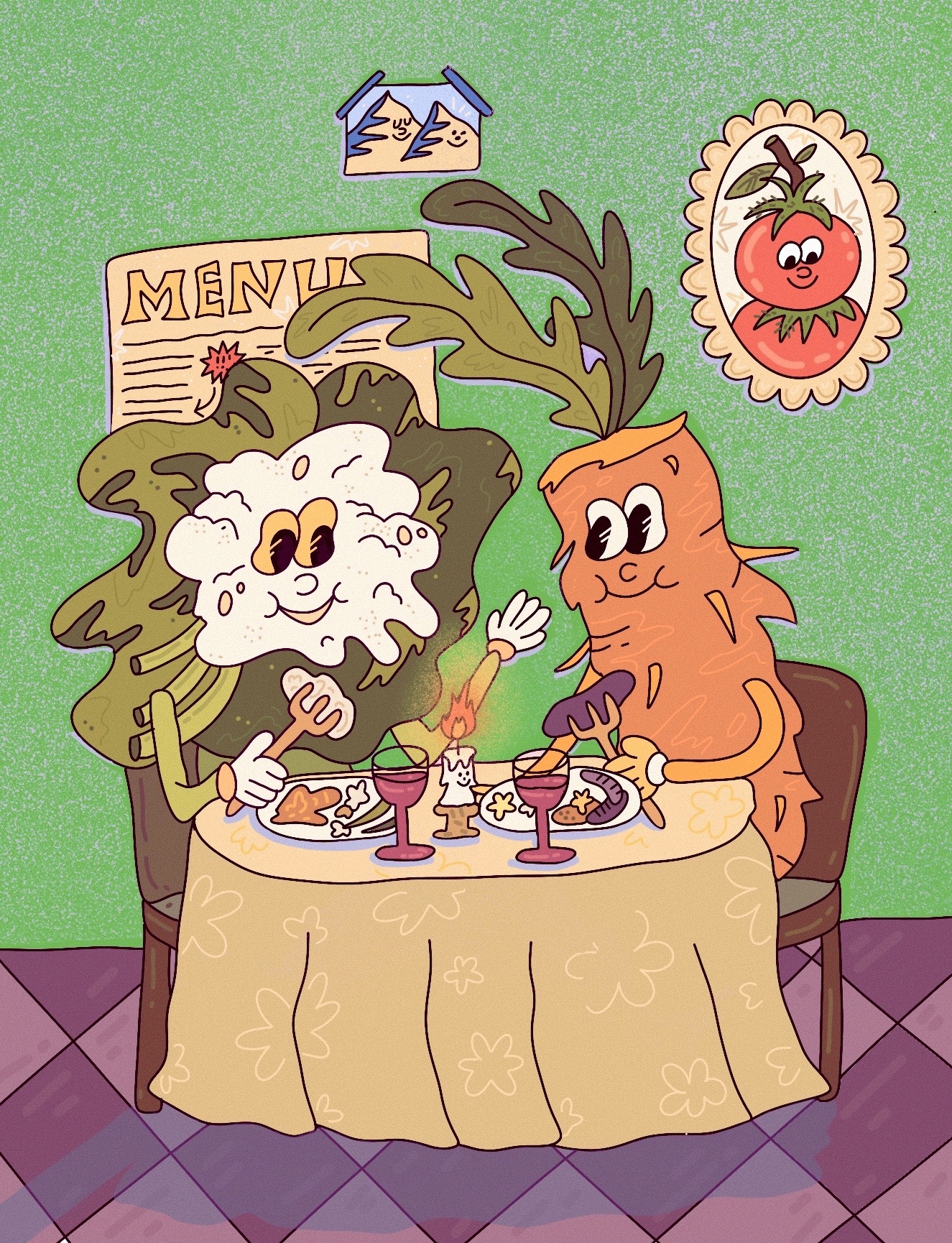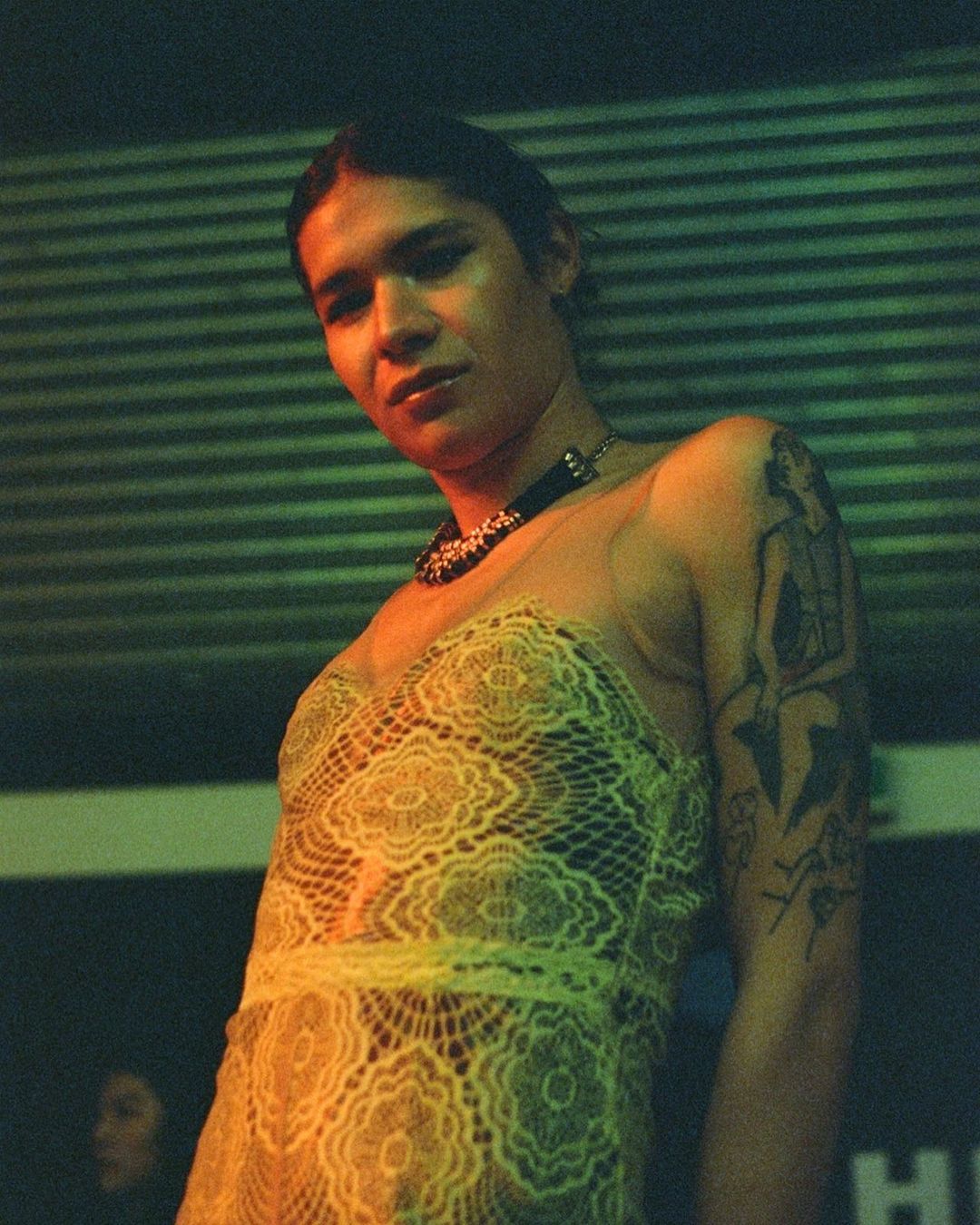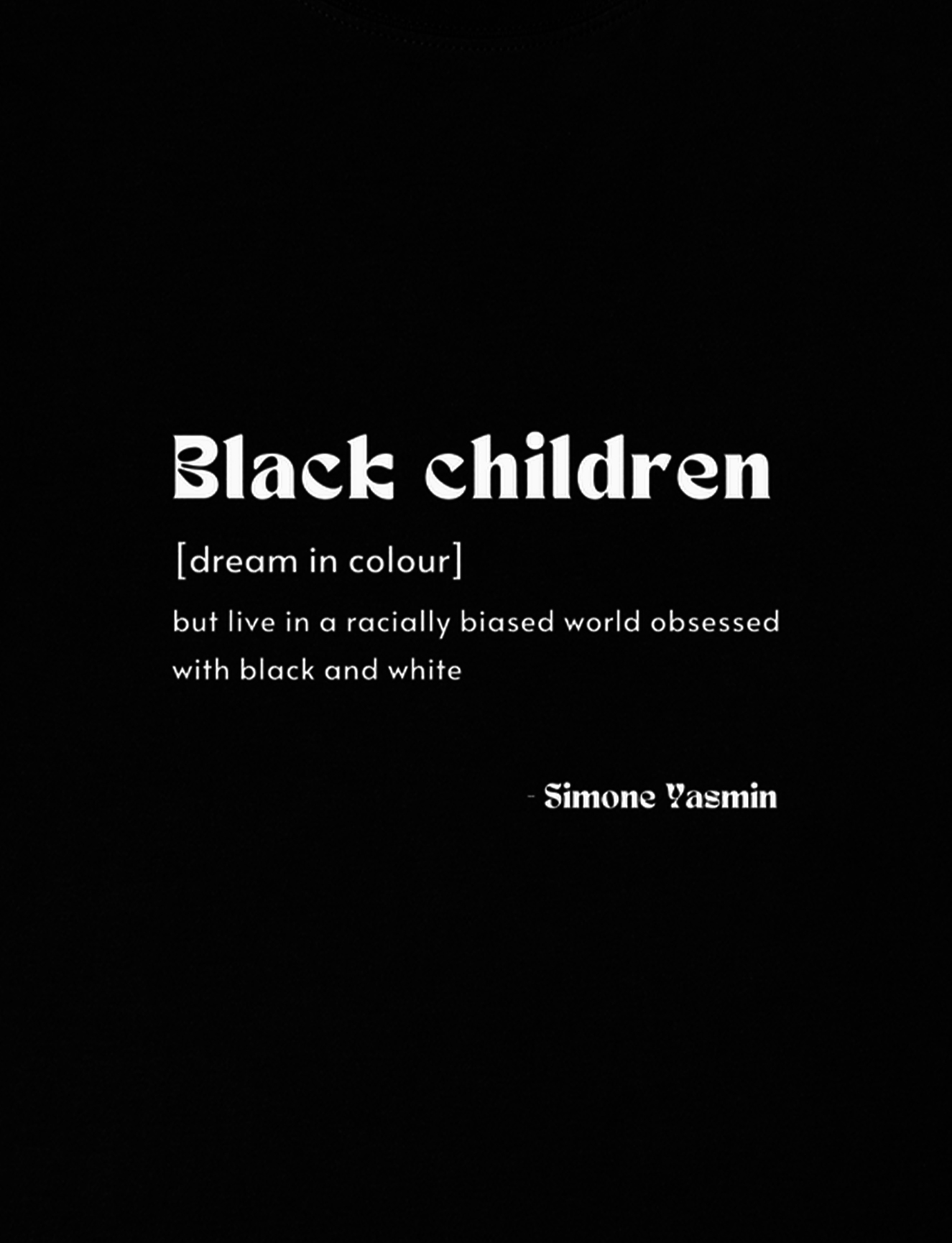Robin Johnson
A former music journalist who transitioned to working in tech over six years ago, Robin is passionate about widening access. Using her own network to help create spaces for education, free press, mentorship, and employment, her work with ICS aims to reset narratives around who gets to work in certain industries, and how that work is valued.
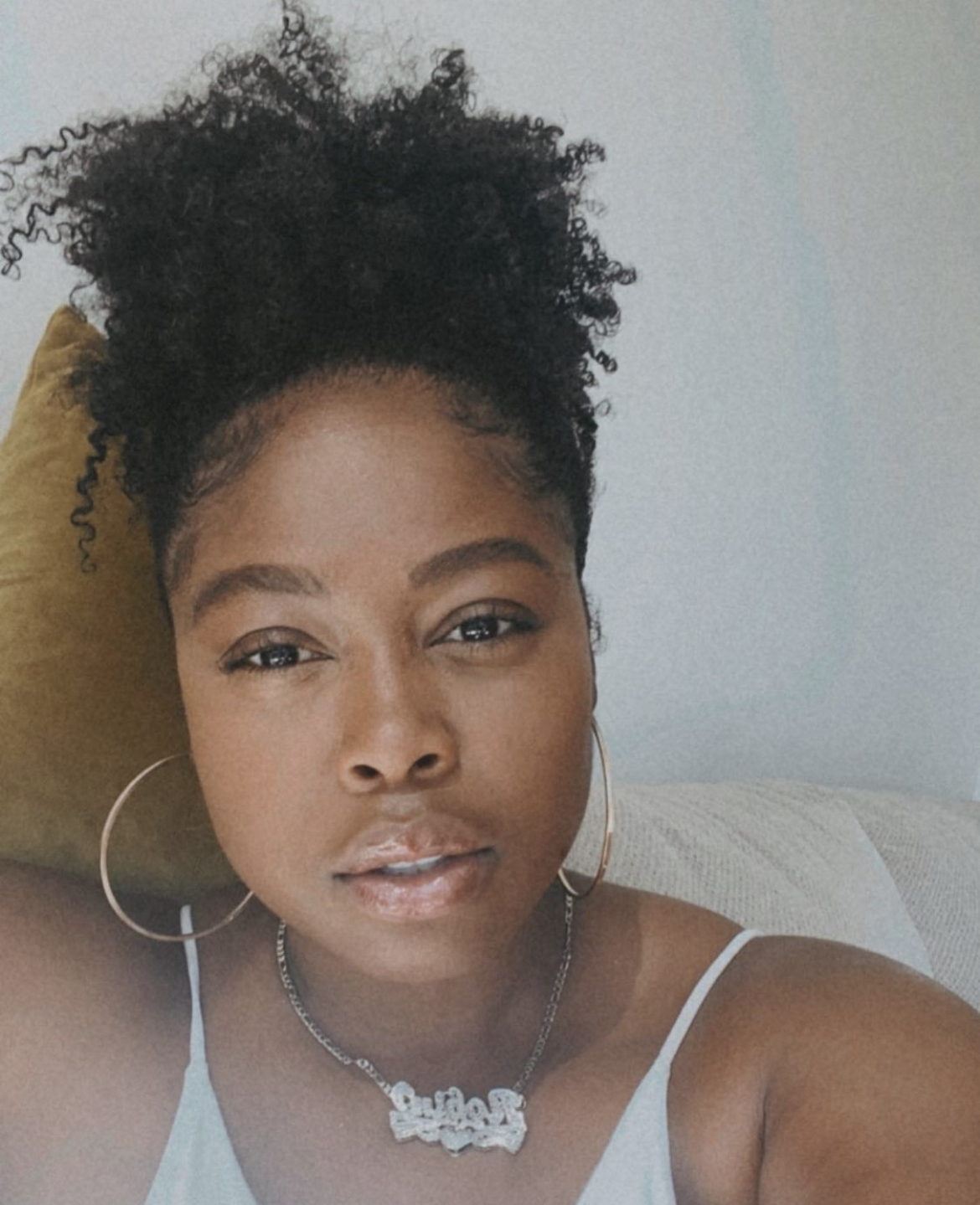
You’ve worked in two industries which are in some ways very different; music journalism and tech. In both though, you noticed issues of access and exclusivity. What common themes existed across the two industries, and what has been different?
Robin Johnson: The commonalities between music and tech that are beautiful are that both industries are rooted in ever-changing creative innovation, and when it comes to the results that both industries produce, there is something for every type of consumer imaginable.
However there are ways they are common that offer some room for improvement. Inside both industries there is a lot of exclusivity, gatekeeping and nepotism. What you know is important but who you know is paramount, especially at the entry level.
As far as what’s been different, for me I’ve found that in tech, career development supports sponsorship over mentorship which has been integral to allowing me to grow into different teams, roles and companies in a consistent way.
Can you talk a little about why you started Indie Creator Society. Was there one moment that inspired you? And when you started out, what did you want to achieve?
RJ: When I was working at Uber, I was managing a team of customer service reps (predominantly people of colour) and most of them were creators of some sort; musicians, painters, filmmakers and actors. Some wanted to be in brand departments, and they were working in customer service as a means to an end. They were all passionate about their art but had little information about how to make the jump. Knowing we had creatives in-house and dozens of executives with intel on how to build a career doing what you love, I created programs that brought executives to the customer service floor to chat with our reps and it was a hit on both sides. It affirmed that information, tactical advice and a helping hand could help get you the life you wanted. Shortly after, I launched Indie Creator Society to take that model beyond the walls of Uber and give to a community of people.
It’s important that creatives remain a student of the world
Since you founded Indie Creator Society, you’ve added initiatives like the Indie Creator Fund, and Creator Week. How would you say you’ve changed and evolved since ICS launched? And what has stayed the same?
RJ: The one thing that has stayed the same is our mission to educate and empower creatives of colour. What has changed is that our emphasis has shifted to be on the intersection of tech and creative, because I think it’s important that creatives remain a student of the world and be informed of the industries that are cornerstones of society. Technology will always be that.
Each additional step, both Creator Week and the Indie Creator Fund creates another pathway for us to do the same work. Creator Week packs the information into a conference that has an emphasis on tactical vs just inspirational. The Indie Creator Fund puts money in the hands of talented people who really need the support. “Inspiration + Information + Resources” and you have the entire ICS suite.
Creator Week launched in 2019. What are you looking forward to for 2022’s week?
RJ: Due to the pandemic, we were sadly only able to produce Creator Week once. 2019 was a hit, but 2020 was difficult for the world, so we chose to roll out the Indie Creator Fund instead and that has taken priority. We’re excited to return this year and bring the 2019 energy virtually with some in-person activations in New York City too. In 2019 businesses were launched and funded at Creator Week. People got jobs and new clients. That was invigorating and we’re absolutely looking forward to seeing that happen again.
Freelance working can be a positive thing, but it can also mean precarity, being locked out of staff jobs, and being taken advantage of. One of the aims of your work is to change the narrative that “freelance means free work”. Can you talk a little about how work culture needs to change to benefit Black freelancers?
RJ: What a great question. For starters, Black freelancers are severely underpaid. Wage disparities continue for external creatives (I’ve seen differences as high as 60%) and that needs immediate attention. The systemic issue is a lack of transparency when it comes to rates, and lack of pressure on hiring managers to demand parity across roles. Internally, I believe there can be more done by senior creatives to open doors and uplevel junior talent. Experience is often a barrier to entry: but how do we get it if no one gives us a chance? It’s the age old chicken and egg adage. There’s opportunity for leaders to be intentional about developing an environment that works to help junior talent, and make their opinions and contributions feel as valuable to the creative process as senior talent.
You’ve used your own position to do great work widening access, especially in industries where gatekeeping is a major issue. What is the importance of people who do break through not ‘pulling the ladder up behind them’?
RJ: It’s simple to me, if you really love your work and want it to continue beyond you, you have to focus on training your replacement. That means always reaching back so there’s a pipeline of people who can continue your work when you no longer can. That’s legacy. I think there are many people who are fearful that if they open doors, there’s no longer a need for them. But a brilliant leader keeps learning and then keeps teaching. When you do both of those things you’re indispensable and your work is forever.
A brilliant leader keeps learning and keeps teaching
What gives you hope?
RJ: Two things. First, tech and entertainment are intersecting more than ever, and that crossover between industries that were once deemed polar opposites requires more voices and creates more opportunities. Secondly, I get hope from watching this next generation of polymaths who are relentless about taking matters into their own hands and redefining history for themselves. Gen Z is fascinating in that way. I’m inspired by them every day and I think they’ll be OK.
Brianna Pippens
Washington-based visual and performing artist Brianna Pippens/Banana Peppers creates illustrations, paintings, drawings, and other mixed media works that focus on race, nostalgia, self-love and the nuances of Black identity and experiences.
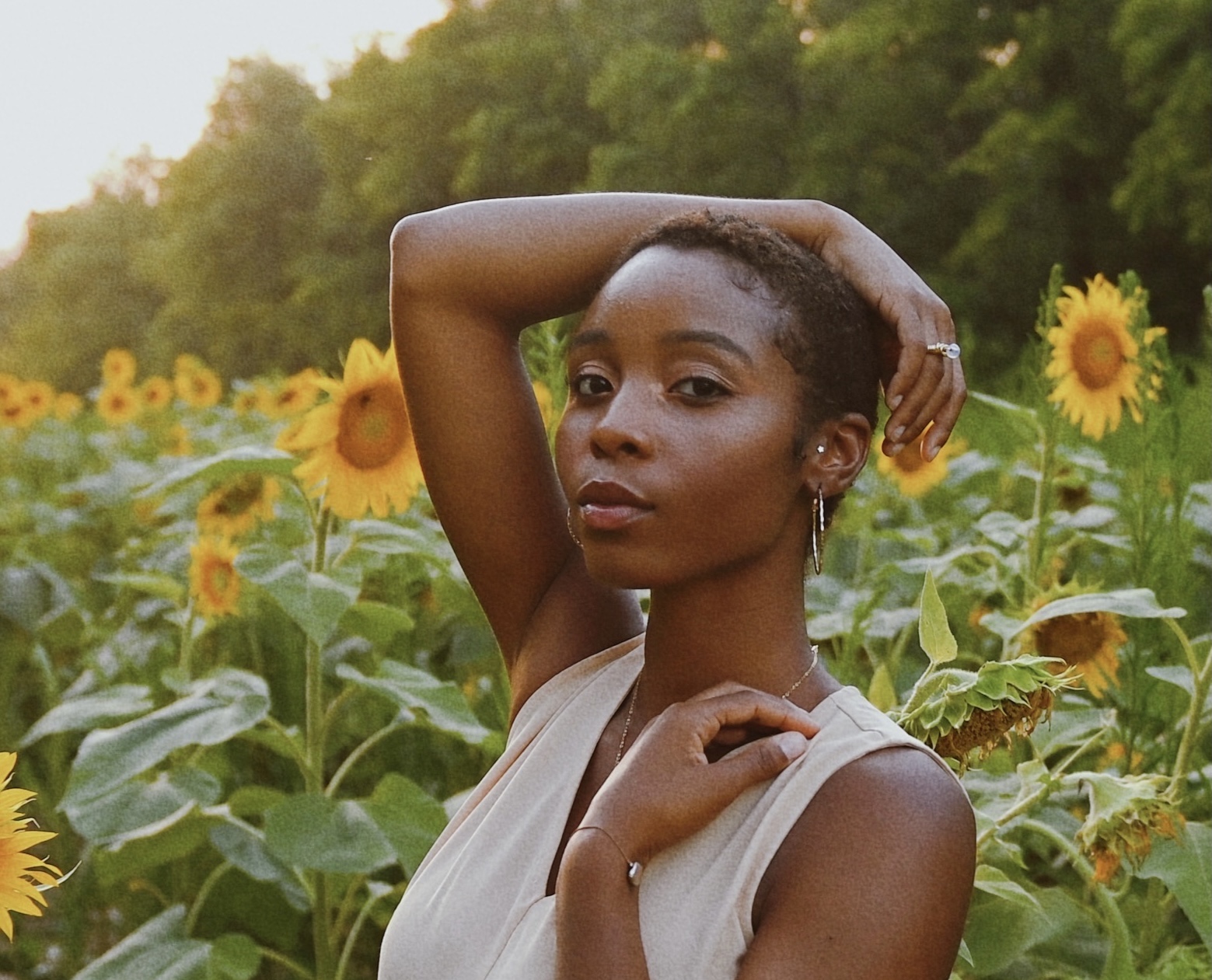
How do you balance your creative work alongside everything else it takes to run a successful business as an artist?
Brianna Pippens: As an artist and small business owner with a 9-5 job in a completely different field, finding balance can be a challenge. I honestly just want to create, but when I started Banana Peppers Art as sole proprietor in 2015 I quickly learned that the business side of things is extremely important.
I try to establish balance by being honest with myself about my priorities, as well as holding myself accountable to complete the tasks and deliverables of any project based on a realistic timeline. More recently, I have worked to establish systems so that I do not become too overwhelmed with everything it takes to run my business.
When I do get overwhelmed, I try to take a step back and take things one step at a time. I know that if I am burned out and not taking care of myself that I can’t really show up for my art or my business in a meaningful way. Over the years, I’ve found that when I center myself and get back to my “why am I doing this?” balance becomes more achievable.
You’re a self-taught visual artist. What difference do you think it’s made to your work and career not to have gone through an institution?
BP: As a self-taught artist, I used to feel like I was playing catch up and that if I had gone through an institution, I would have found and developed my artistic voice sooner. My path may have been more streamlined had I gone through an institution, but while I recognise the benefits that going through an institution would have afforded me, I don’t think I would change the way I have become an artist. I like to think that my winding path as an artist has allowed me to have a more flexible ‘curriculum’ that isn’t tied to benchmarks. While perhaps it’s taking me longer to learn foundational elements of traditional art, I think my somewhat unconventional and informal approach has brought authenticity to my work.
Success to me is to be continuously evolving
I’ve worked hard and I continue to do ‘on the job’ training every day. While I have a lot more to learn, I believe my career is ever evolving because I am passionate. There are so many resources available that I know when I carve out the time I can learn whatever it is that I want to.
How do you define success? And was your breakthrough moment when you realised you’d made it as an artist? Or is it something you still question?
BP: Success to me is to be continuously growing, evolving and discovering. I think as long as I continue to use my creative energy, that I am succeeding.
The victories like doing my first art show, making my first sale, or landing my first brand collaboration are all personal breakthrough moments. I think I made it as an artist when I started acknowledging and declaring “I am an artist”. When I hear positive feedback on my work, whether it’s from one person or many, I feel like I’ve succeeded. When I am able to donate proceeds from work to non-profit organisations, or teach young people about the Black Arts Movement, I feel I am succeeding as an artist.
I still have so many things I want to accomplish as an artist, and I do suffer from imposter syndrome, but I try not to let that prevent me from working towards my goals. I am in community with other Black womxn artists and I know that when one of us succeeds in any creative capacity it amplifies all of us. Statistically African American artists have the lowest share of works in the collections of all major US museums, just 1.2%. I feel like contributing to the rise in that number will be a moment where I truly feel confident in my success as an artist.
When do you feel most creatively satisfied?
BP: I feel the most creatively satisfied when I take on or complete creative projects that challenge me and align with my vision. I also love documenting my creative process, it is satisfying to look back and see an idea go through its phases, and to recognise the transformation.
What’s the worst working advice you’ve ever gotten?
BP: I can’t pinpoint a piece of advice that I would say is the worst but there is one thing that I have heard a lot that I think I have proved is not necessarily true in my case. Which is that, I “need to quit my day job” in order to be taken seriously as an artist or to have a successful art business.
Your work often centers social justice, and amplifies the voices of Black and Brown people. Do you think of your work as an artist as political?
BP: My work is personal and Blackness is politicised, so I do think of my work as inherently political. I don’t necessarily approach a piece thinking that I want to make a political statement but when I bring myself to my work, all of me, my longings for justice, civil rights and progress seep through.
I do want my work to be an escape
I often refer to my work as a love letter to Black women, highlighting our features, and most consistently our hair. Black hair is highly politicised and social constructs have villainized Afro hair for centuries. So I want my work to counter that, by creating images rooted in self-love.
Lastly, I do want my work to be an escape. Some pieces are truly just about celebrating the magic of Black people. I want people to see themselves in my work. The history, the culture, the innovation, the joy and the beauty. One of my favourite quotes is by the poet Langston Hughes; “Perhaps the mission of an artist is to interpret beauty to people—the beauty within themselves.”
Read More: Lifting The Lid On Pay




